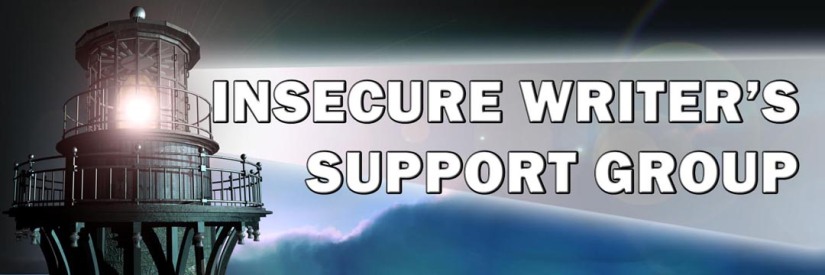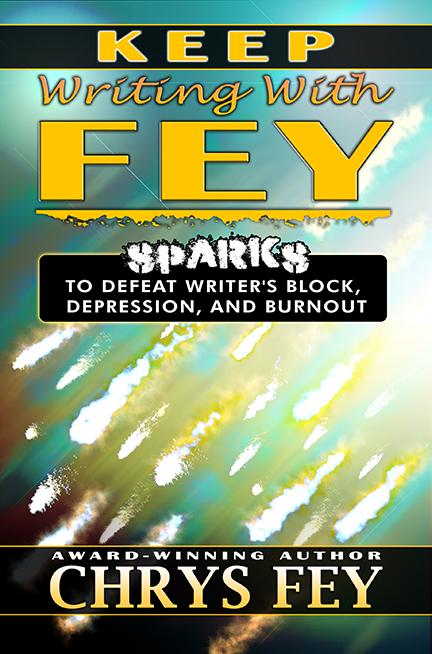Welcome to the August 2020 edition of the Insecure Writers Support Group, hosted by Alex Cavanaugh.

Congratulations to my critique partner, Nicki Elson, on the launch of her 8th novel yesterday: MOLLY UNPLANNED.

Here’s my 5-star review of Miss Molly.
I’m thrilled to co-host today, along with: Susan Baury Rouchard, Nancy Gideon, Jennifer Hawes, Chemist Ken, and Chrys Fey!
Speaking of the lovely Chrys Fey, I’m part of the blog hop to celebrate her new release, Keep Writing with Fey: Sparks to Defeat Writer’s Block, Depression, and Burnout. Congratulations to Chrys! Scroll down to read my own experience with these issues.

Catch the sparks you need to conquer writer’s block, depression, and burnout!
When Chrys Fey shared her story about depression and burnout, it struck a chord with other writers. That put into perspective for her how desperate writers are to hear they aren’t alone. Many creative types experience these challenges, battling to recover. Let Keep Writing with Fey: Sparks to Defeat Writer’s Block, Depression, and Burnout guide you through:
- Writer’s block
- Depression
- Writer’s burnout
- What a writer doesn’t need to succeed
- Finding creativity boosts
With these sparks, you can begin your journey of rediscovering your creativity and get back to what you love – writing.
(The table of contents of this book looks fantastic!)
BOOK LINKS:

ABOUT THE AUTHOR:
Chrys Fey is the author of Write with Fey: 10 Sparks to Guide You from Idea to Publication. She is also the author of the Disaster Crimes series. Visit her blog, Write with Fey, for more tips on how to reverse writer’s burnout. https://www.chrysfey.com/
Keep Writing with Fey Blog Hop: Share your story about writer’s block, depression, and/or burnout and how you overcame it or what you are currently doing to heal.
Since writing is secondary to my work as a psychologist, I write only when I feel like it. Therefore, I don’t experience much writer’s block or burnout. But I have turned to writing to deal with feelings of depression from painful events in my psychology career.
For 15 years, I have worked for two different university departments, and I don’t seem to fit well with one of them. Twice, that department has chosen to work with another psychologist instead of me. (I guess I’m a masochist for returning after the first time they let me go.) The process has been all the more agonizing due to their lack of direct communication. It was a gradual ghosting instead of a kind cutoff.
Therapy has taught me that self-talk is important for healing. When hurtful events happen, we can benefit from compassionate narratives. Since I write romance novels, some of my narratives compared getting fired to romantic rejection:
When reality sucked, I turned to fiction.
They don’t know my strength.
I won’t let one person determine my value.
We separated, then reunited, but the bitterness and poor communication continued, leading to a divorce.
A relationship breakup doesn’t mean either person is wrong or bad; it’s just a poor fit. I can find a better fit elsewhere, or I can stay single by going into private practice! 😀
Powered by Linky Tools
Click here to enter your link and view this Linky Tools list…
What is YOUR experience with writer’s block, depression, or burnout? Thanks for stopping by.

